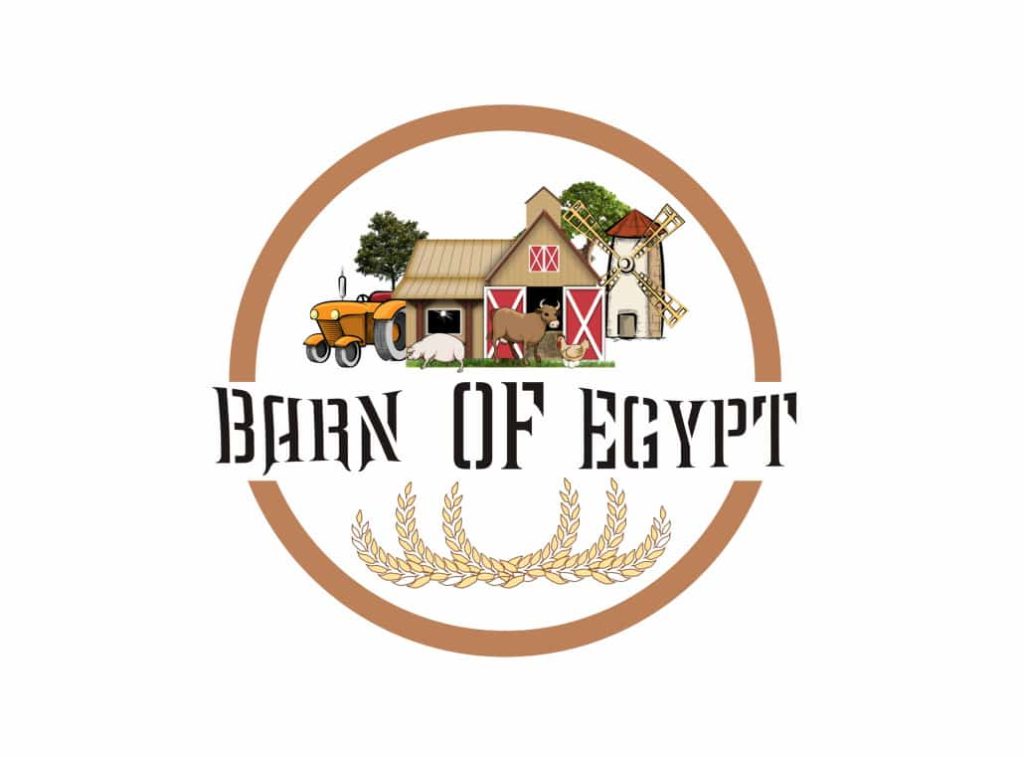
For Technical Support
Have Query Mail Us
“THE BARN OF EGYPT”?
It all begins with an idea. A 300 BC idea. A dream. A 300 BC dream.
King Djoser sits beneath the grand picturesque columns that his ancestors before him had partied as “gods”. He was in no “party mood” but sat on the steps leading to his throne almost like a common advisor. In a pensive mood, he thought of the sacrifice that the Egyptian priests had recommended to calm the raging famine. It had been indeed six years, six months and six days since the last real rains had fallen and the land was indeed feeling the brunt, but he remembered the dream he had just over thirteen years ago that had told him of a seven year period of plenty followed by another seven of famine. He felt well prepared but was getting quite worried. Crime was increasing all around and security reports showed that even the palace was not immune because just a week ago was when he had sentenced his sixth chef to death for stealing!
Imhotep the chief priest entered almost ten minutes ago but was silently waiting on the King to speak lest he loses his head to the irascible king. King Djoser knew exactly when he entered but knew the power of silence at such a time like this. Imhotep had earlier in the day told him the “gods” required a sacrifice but not that of birds, sheep or cows for they had all tried these and failed. They needed royal blood but King Djoser the young King had just one son. Evening was coming and each second and minute gone by pulled closer the evening time sacrifice. He had been told that the stars were aligned specially that evening for a duologue with his late father but a sacrifice was key to this. Imhotep wanted a reply because the time was close and everything was set for the sacrifice except that the “sacrificial lamb” had not been given.
Zaphnath-paaneah (meaning One who discovers hidden things) had just returned from inspecting a break-in attempt at one of the Barns in Egypt just on the outskirts of the capital. As prime minister, the king wanted him around before making a speculative decision. He trusted the insight of this stranger who had saved Egypt from certain destruction because of the insight the “gods” had given him. Just over fourteen years ago, he was abandoned in prison for an accusation he knew nothing of. His life had been filled with an array of hurdles that had strengthened him for the position he now occupied but he knew that without insight (otherwise known as “data” today), over two-third of the population within Egypt and its environs would’ve perished. He had saved humanity by acting on the insight he had gotten by constructing barns and grain storehouses in each city and developed strange technologies to preserve food in medium-long term timeframes. He handled logistics and kept records on each warehouse consignment. Just as the ants work in the summer and eat in the winter, he had built a system that saved lives and profited the young king Djoser until almost the entire land in the kingdom now belonged to the king.
…stay tuned for the second and final part…